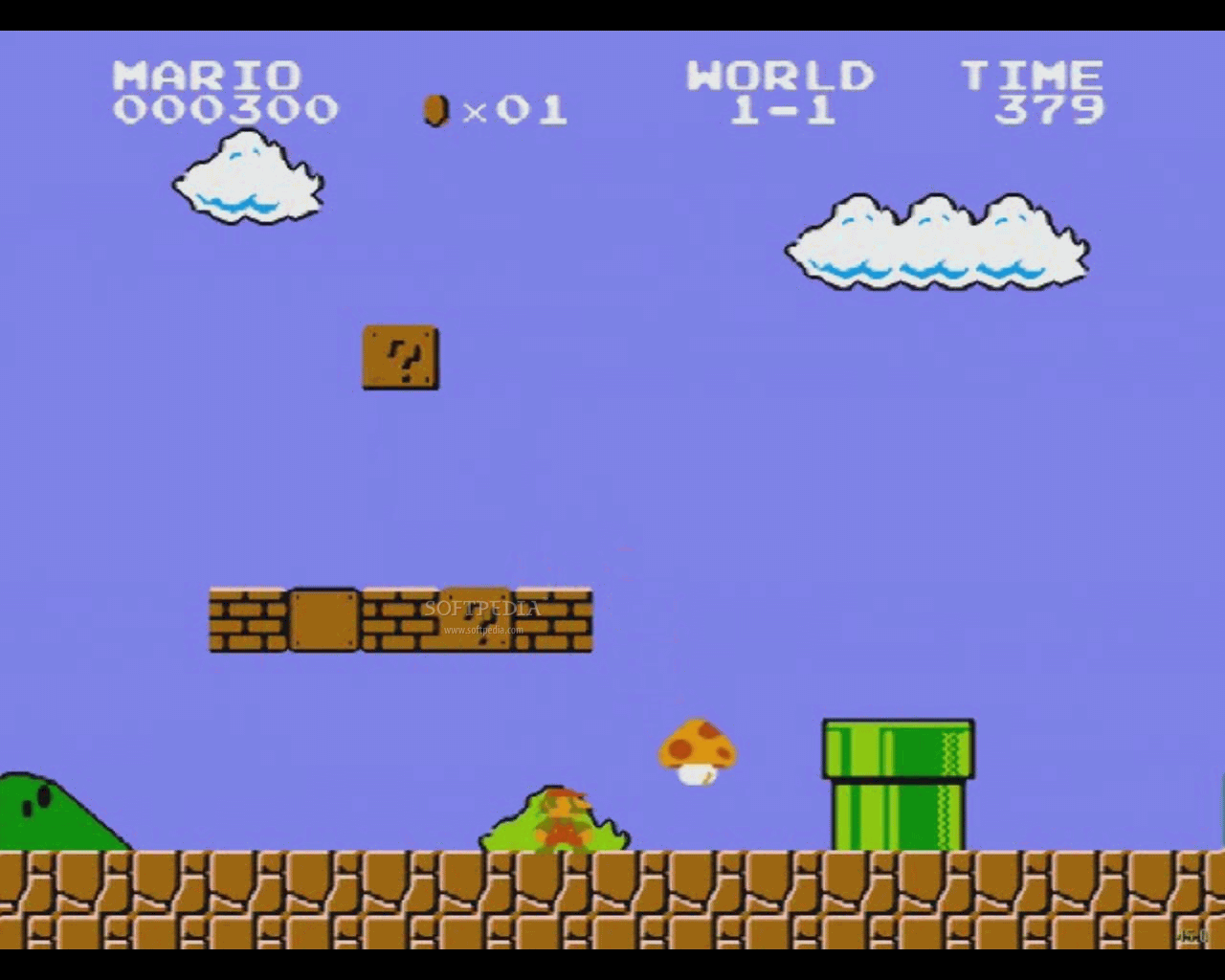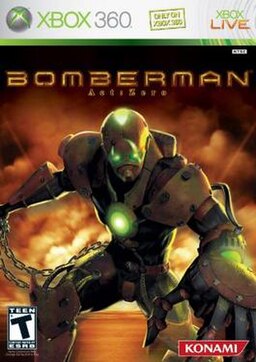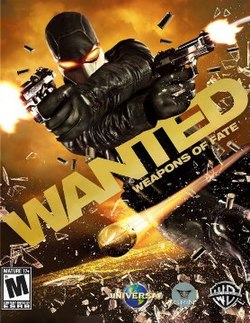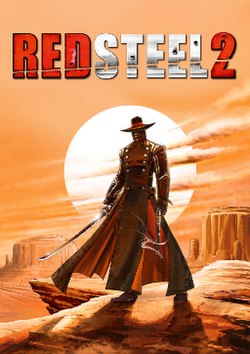So, the major press conferences happened. What did you really think?
So after all that hoopla about MS, Sony, and this morning with Nintendo, and with your typical internet hyperbole narrative in "needing to decide a winner" (and as far as I can tell, everyone online is agreeing that it's Sony), I think I should step in and throw in my two cents from a gamer and a game designer perspective. And before I go any further, let's make this very clear:
I'm a fan of games. My allegiance is to all of gaming, and not any particular platform.
This may not be very apparent in the past though, and you can easily skew my previous purchasing habit to shape whatever narrative you want. If you look through
what I own, the past generation is fairly lopsided to MS:
- 350+ XBox 360 games
- 140+ Wii games
- 60+ PS3 games
So you can easily paint me as a 360 fanboy with that. But wait, you can also ask, "holy hell there was 100 Wii games that were even worth your time, N-bot?" And then you realize, oh wait, that's still 60+ PS3 retail disk games, and that's way beyond the 2nd or even 3rd deviation of your average PS3 owner.
My point is, whether it's because it's work related and I bought games for reference and research, or that I'm just curious about what's fun and interesting, I'll buy it, so it's not really a platform "fan". Of course, there are other reasons why I will put certain purchases on one platform over another (be it online, multiplayer, controller preference, bonus stages, etc).
================================
With that out of the way, do I want to declare who won out of those three (or five if you count Ubi and EA)?
Cheesy answer: We did, gamers. There's so much new games, and new ideas, how can you NOT get excited for these games. Let's separate the the marketing hype, the pretend-smack talk, and some of the lameduck showings of mediocre ideas (Ryse, I'm looking at you), and look at what was there (for all of them), and the things that spoke to me as a designer looking at things:
- MGS being the first major Japanese designed game to tackle open world, how will that differ?
- Forza 5 with the "drivatars" can be game-changing on how AI works in games
- The smartglass integration on XBox one (Ryse seemed meh, but Project Spark seemed WAY more integrated)
- NFS:Rival merging in multiple single player games into an MP game (and that lighting model, wow)
- Tablet usage in Battlefield 4
- The Crew reminds me heavily of Fuel, Test Drive, Burnout Paradise mixed in together, and the level of online integration will be interesting to watch (and whether the lack of online could be handled gracefully with such a design)
- Rabbids using Kinect? as a pseudo-TV show like interactive game and entertainment looks and sounds interesting (and yes, it totally reminds me of that sesame street kinect game that I have)
- The Division mixing in different genres and play styles together (another tablet integration, looks like you all need to get a tablet first before diving into next gen gaming)
- Rain looks like a fantastic idea from a gameplay mechanic
- That indie representation at the Sony conference
- Destiny as a persistant MMO like game, and handling the multiple ways of play/integration (although what they showed feels like Borderlands, in space)
- Mario 3DWorld being a 4 player 3D game, which in my mind, will have all sorts of crazy camera design "problems"
- Smash Brothers having a 3DS and Wii U version and having cross platform play
Yeah, that's a lot of game (and interesting game ideas to dig into as a designer) even if you want to have to pick console allegiance. Yet that's kind of my point: why pick?
================================
I know that for some, buying all systems is a financial issue, and that's fine. But realistically, if I can afford it, I will eventually have to get all three, only to see (and to play armchair designer) on these platforms. As a (former)designer, it's still somewhat important for me to see what people are doing, how creative ideas are pushing the envelop of design and play. Sure, I can choose to downplay the Wii U because it's lacking in horsepower, but I will end up missing out on Nintendo's next take on racing (and hey, anti-gravity track design, how do you convey that to casual players who may not get it?). The same can be said with XBox One: how will that drivatar work for Forza, how will adaptive AI change the way games should be designed?
================================
For me, as someone who has to play the dual role of game player and game designer, there are two ways to take conferences like this: I can just be just a consumer, cheering on what will be best for me (and yes, that does mean cheaper systems, more games, and more pro-consumer policies, hint hint); yet I can also be the designer, looking at all the ideas and innovation coming out from everywhere, and furiously jotting notes down and re-examine what I know and reevaluating where everything is going. No matter how you approach this, it's an exciting time to be a gamer.
================================
Aright, I'm done rambling on. If you feel like commenting, leave me a note.

















